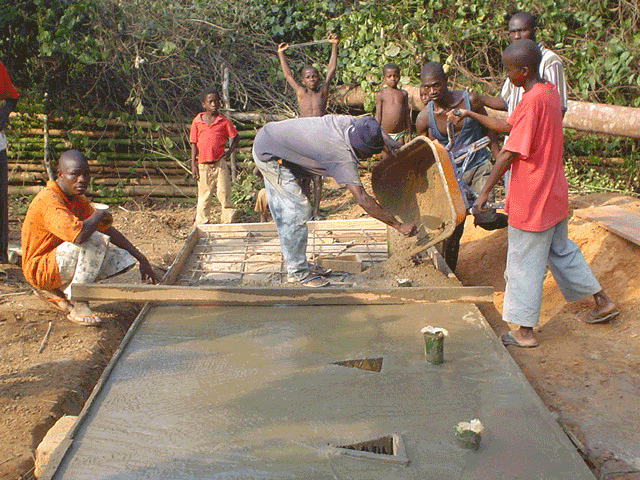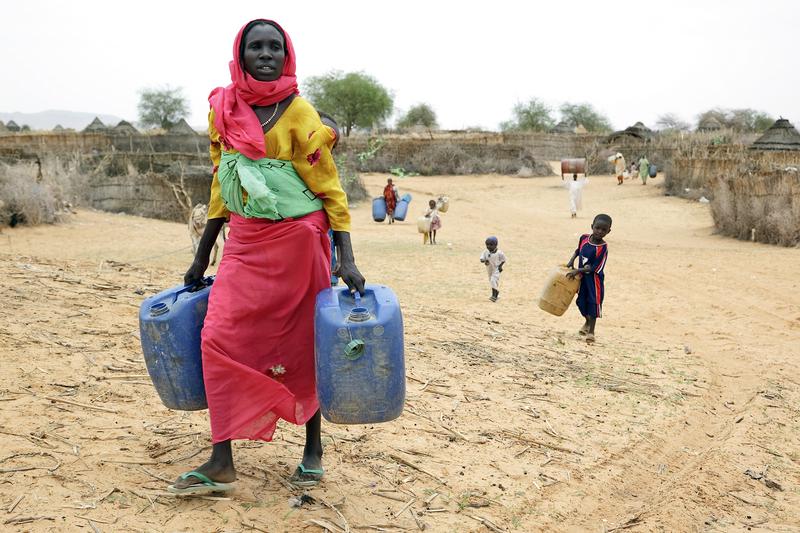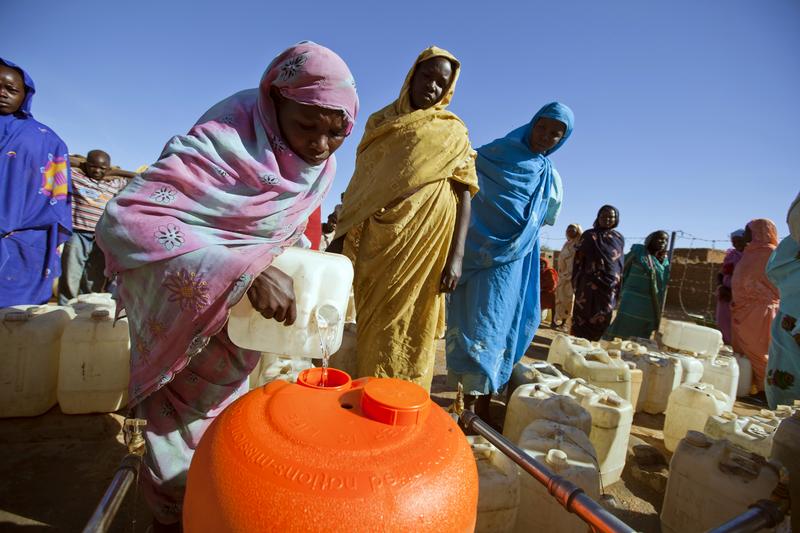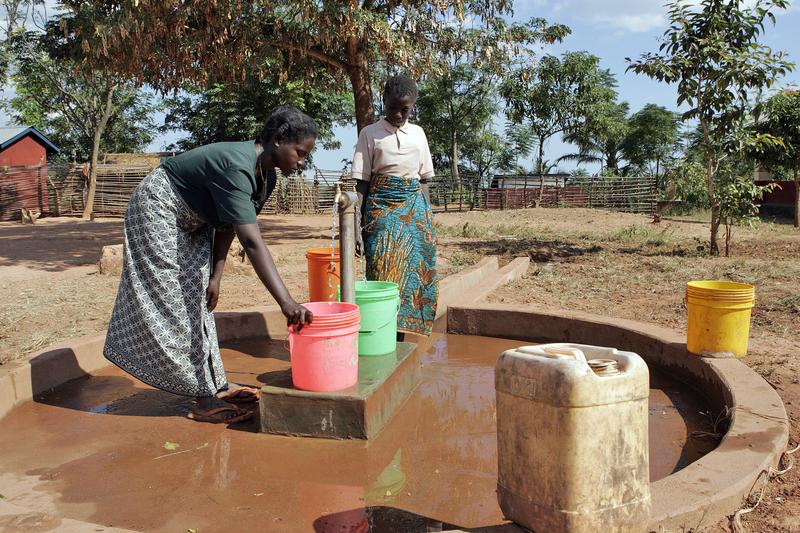

Water has a profound influence on human health. At a very basic level, a minimum amount of water is required for consumption on a daily basis for survival and therefore access to some form of water is essential for life. However, water has much broader influences on health and well-being and issues such as the quantity and quality of the water supplied are important in determining the health of individuals and whole communities.
The first priority must be to provide access for the whole population to some form of improved water supply. However, access may be restricted by low coverage, poor continuity, insufficient quantity, poor quality and excessive cost relative to the ability and willingness to pay. Thus, in terms of drinking-water and sanitation, all these issues must be addressed if public health is to improve.
Global Aid Direct also believes that Water and sanitation are not only basic human rights, but a prerequisite for social, human and economic development. Indeed, water is a cross-cutting issue, as access to water implies better health, improved living conditions, as well as increased economic activity. In recognition of the central role of water and sanitation for poverty alleviation and economic development, Global Aid Direct supports sector reforms, with the objective of improving the delivery of water and sanitation services to the needy.
Support formation of representative water users associations for planning, implementation, and management of community water supply facilities. Promote community contracting and transparency in all procurement.
Copyright © 2011 Global Aid Direct. All Rights Reserved.

Join discussions on our wall and be in the loop for info on FB
Tweet and follow us. News, emergencies and useful information
Connect with and promote our activities on goggle plus
Connect with Global Aid Direct on YouTube to view videos

Establish financial policies that underpin a demand responsive approach whereby communities pay part of the capital cost in proportion to the cost of the facilities, and all operations and maintenance costs..
Create competitive environment for allowing communities to access range of providers of goods and services for all aspects of the project cycle.
Promote institutional reform based on clear roles for key stakeholders whereby communities own their facilities, the private sector provides goods and services, and government facilitates the process.
Promote a demand-responsive approach whereby communities make informed choices regarding their participation, service level, and service delivery mechanisms.
Integrate water, sanitation, and hygiene education in Community Water and Sanitation projects, ensure representative and informed participation of all stakeholders and include clearly defined capacity building components that enable all stakeholders to play their roles and build partnerships.
We provide sufficient, reliable and affordable water and sanitation services through the construction and rehabilitation of water systems, orientation of community, commune and prefecture representatives, training of WES technicians in the sector, selection, and training and equipping of sector fontainiers, rehabilitate and protect natural springs and small gravity-fed water systems.
Global Aid Direct improves sanitation facilities by constructing ventilated improved pit latrine, pit latrine with slab and composting toilet, upgrade existing traditional latrines with hygienic ventilated improved pit latrine and pit latrine with slab, and construct communal washing and bathing facilities.
We promote Intensive hygiene campaigns, improve disposal of household liquid and solid wastes and latrine placement, create awareness in communities of the danger to poor WES and hygiene practices and seek the necessary behavior change. We focus on the expansion of community-level access to adequate and safe drinking water as a comprehensive approach to improving beneficiary’s health status.
The need for sustainable management of community water systems and sanitation infrastructures is widely recognized as an essential component of water and sanitation interventions as well as social and economic development initiatives. We promote water management in communities, schools and health centers; promote sustainability of WES services by ensuring community management through functional Water and Sanitation Committees.
Protecting Dignity, Providing Hope, Economic and Educational Opportunities.








